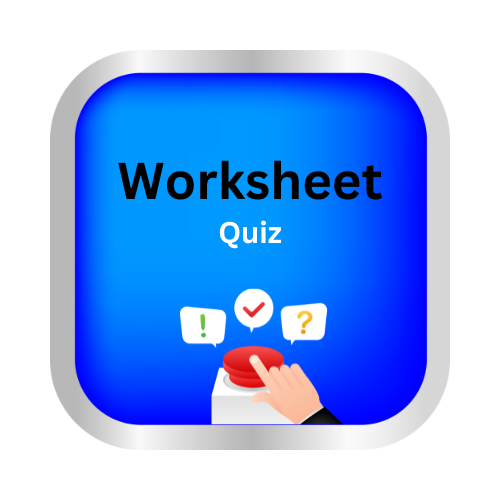Determine the meaning of words using synonyms in context
Key Notes:
Welcome to our exploration of how to use synonyms to understand new words! When you encounter an unfamiliar word, don’t panic! Often, the surrounding text, or context, provides hints. One of the most helpful clues is the presence of synonyms.
| What are Synonyms? |
Synonyms are words that have similar meanings. Recognizing them can be a powerful tool for deciphering the meaning of unknown words.
| How Synonyms Work as Context Clues |
When an author uses a word you don’t know, they might include a synonym nearby to help clarify its meaning. Think of it as the author giving you a little hint! The synonym might be introduced by words or phrases like:
- ‘or’
- ‘that is’
- ‘in other words’
- ‘also known as’
- ‘similar to’
- commas, dashes, or parentheses that set off the synonym
| Examples |
Let’s look at some examples:
The old house was dilapidated, or run-down, after years of neglect.
- Clue: The phrase ‘or run-down’ tells us that ‘dilapidated’ means run-down.
The speaker was quite loquacious; in other words, talkative.
- Clue: The phrase ‘in other words, talkative’ defines ‘loquacious’ as talkative.
The antique vase was very fragile, delicate, and needed to be handled with care.
- Clue: The synonym delicate appears within commas to further explain the definition of fragile.
| Tips for Using Synonyms |
| Read Carefully Pay close attention to the sentences surrounding the unfamiliar word. Don’t skip over any words! | Synonyms often appear in the same sentence or in a nearby sentence. Train yourself to spot key phrases that signal a synonym is coming. Look for words like ‘or,’ ‘that is,’ ‘in other words,’ and ‘also known as.’ |
| Look for Signals Be on the lookout for clue words or phrases. | Even without explicit signal words, nearby words with similar meanings can be synonyms. Think about the overall meaning of the sentence and how the unknown word fits in. |
| Think About the Meaning Consider the overall sense of the text. | Sometimes, a synonym provides a general sense of the word’s meaning rather than a precise definition. Use the context and synonym together to get the best understanding. |
| Practice Makes Perfect! |
The more you read, the better you’ll become at recognizing synonyms and using them to understand new words. Don’t be afraid to highlight unfamiliar words and search for synonyms within the surrounding text. With practice, you’ll become a word detective!
| Summary |
In these notes, we’ve covered how synonyms can be used as context clues to determine the meaning of unfamiliar words. By looking for signal words and thinking about the overall meaning of the text, you can unlock the meaning of new words and improve your vocabulary. Happy reading!

